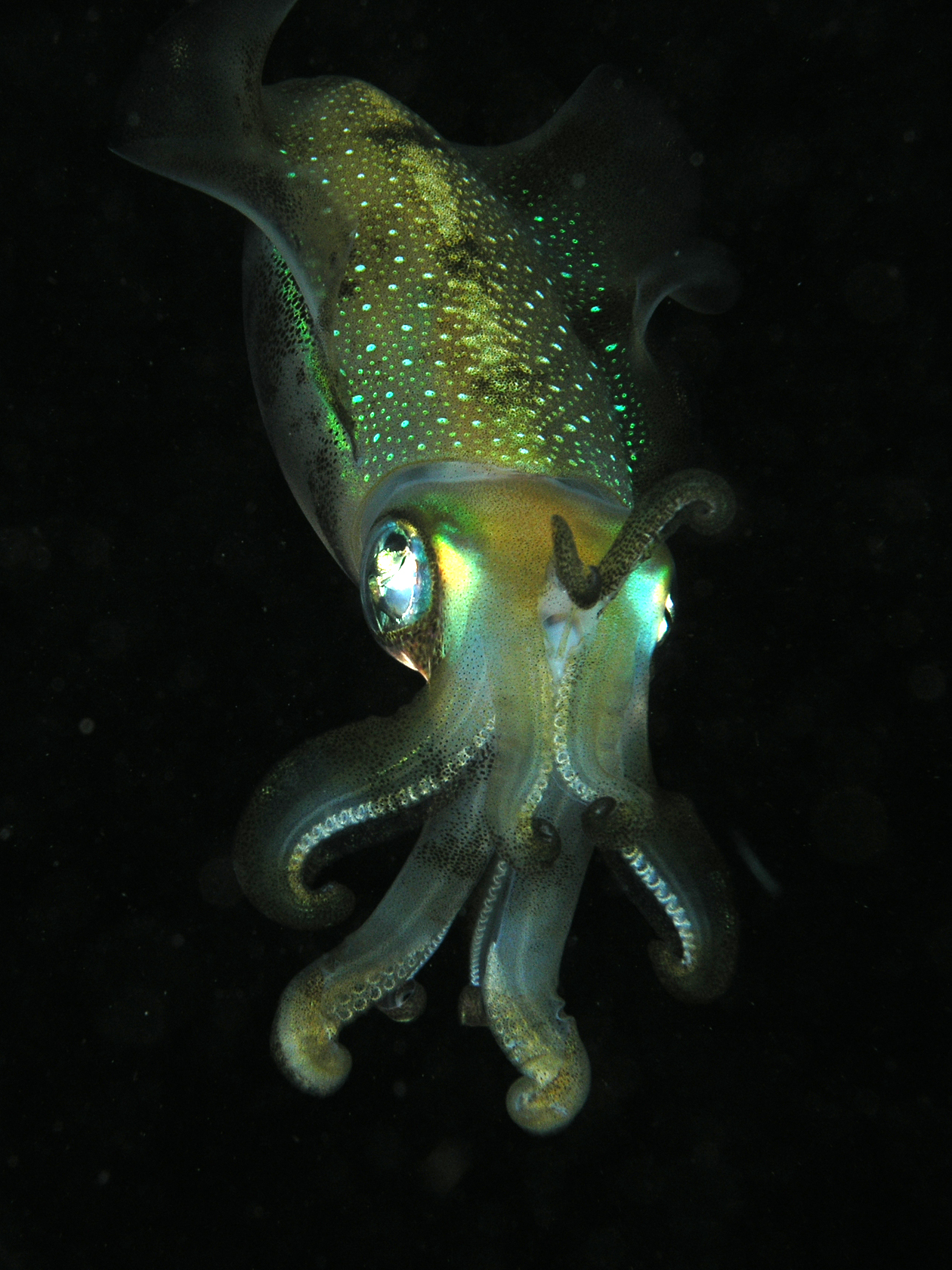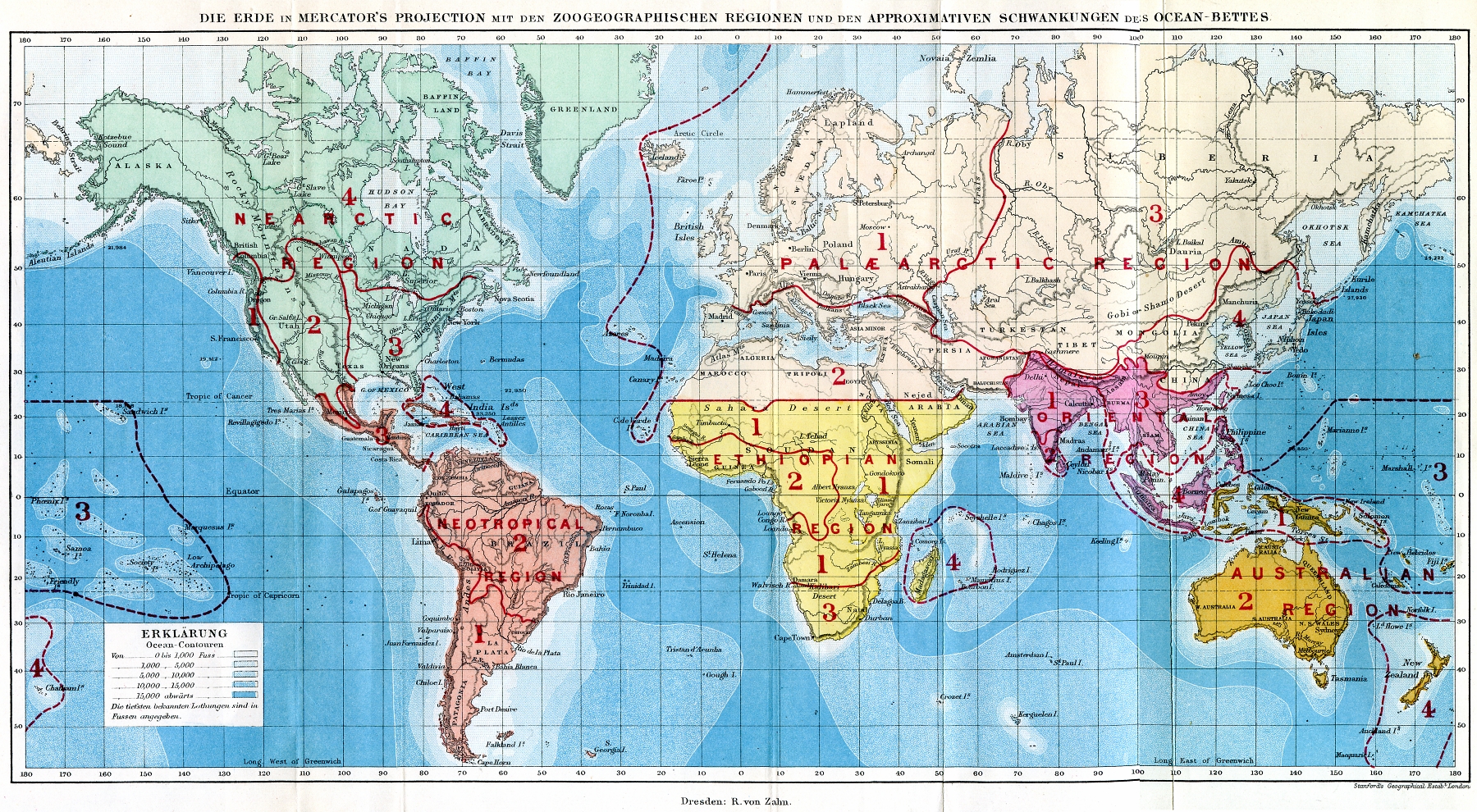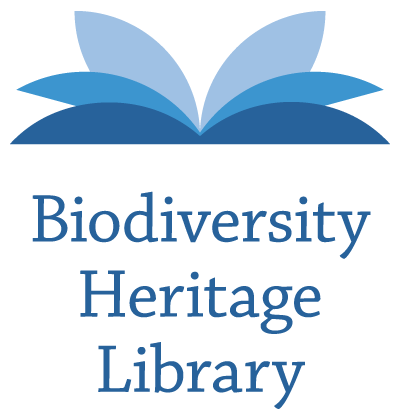|
Journal Of Conchology
The ''Journal of Conchology'' is a peer-reviewed scientific journal published by The Conchological Society of Great Britain and Ireland, covering research in conchology and malacology. It claims to be the world's oldest continuing publication on the subject. The journal publishes original research and short communications on molluscs, with emphasis on conservation, biogeography and taxonomy. The contents include descriptions of new species from anywhere in the world, and reports concerning the ecology Ecology () is the natural science of the relationships among living organisms and their Natural environment, environment. Ecology considers organisms at the individual, population, community (ecology), community, ecosystem, and biosphere lev ..., distribution, and status of molluscs, both living and fossil. References External links * {{Official website, http://www.conchsoc.org/journal Digital archiveof volumes 2–16 (1879–1922) in BHL Malacology journals English ... [...More Info...] [...Related Items...] OR: [Wikipedia] [Google] [Baidu] |
Malacology
Malacology, from Ancient Greek μαλακός (''malakós''), meaning "soft", and λόγος (''lógos''), meaning "study", is the branch of invertebrate zoology that deals with the study of the Mollusca (molluscs or mollusks), the second-largest phylum of animals in terms of described species after the arthropods. Mollusks include snails and slugs, clams, and cephalopod, cephalopods, along with numerous other kinds, many of which have mollusc shell, shells. Fields within malacological research include Taxonomy (biology), taxonomy, ecology and evolution. Several subdivisions of malacology exist, including conchology, devoted to the study of mollusk shells, and teuthology, the study of cephalopods such as octopus, squid, and cuttlefish. Applied malacology studies medical, veterinary, and agricultural applications, for example the study of mollusks as vectors of schistosomiasis and other diseases. Archaeology employs malacology to understand the evolution of the climate, the biota ... [...More Info...] [...Related Items...] OR: [Wikipedia] [Google] [Baidu] |
The Conchological Society Of Great Britain And Ireland
The Conchological Society of Great Britain and Ireland is a British-based society concerned with the study of molluscs and their shells. It was founded in 1876, and is one of the oldest such societies in the world. It is a registered UK charity (no 208205) that anyone can join. It promotes the study of molluscs and their conservation, through meetings, publications, workshops, field meetings, and distribution recording schemes. Journals Two periodicals are published by the society: * ''Journal of Conchology The ''Journal of Conchology'' is a peer-reviewed scientific journal published by The Conchological Society of Great Britain and Ireland, covering research in conchology and malacology. It claims to be the world's oldest continuing publication on t ...'' – a scientific publication issued twice a year * '' Mollusc World'' – the magazine of the Society, previously known as ''The Conchologists' Newsletter'', and issued three times a year See also * Netherlands Malacological ... [...More Info...] [...Related Items...] OR: [Wikipedia] [Google] [Baidu] |
Peer Review
Peer review is the evaluation of work by one or more people with similar competencies as the producers of the work (:wiktionary:peer#Etymology 2, peers). It functions as a form of self-regulation by qualified members of a profession within the relevant Field of study, field. Peer review methods are used to maintain quality standards, improve performance, and provide credibility. In academia, scholarly peer review is often used to determine an academic paper's suitability for publication. Peer review can be categorized by the type and by the field or profession in which the activity occurs, e.g., #Medical, medical peer review. It can also be used as a teaching tool to help students improve writing assignments. Henry Oldenburg (1619–1677) was a German-born British philosopher who is seen as the 'father' of modern scientific peer review. It developed over the following centuries with, for example, the journal ''Nature (journal), Nature'' making it standard practice in 1973. The t ... [...More Info...] [...Related Items...] OR: [Wikipedia] [Google] [Baidu] |
Scientific Journal
In academic publishing, a scientific journal is a periodical publication designed to further the progress of science by disseminating new research findings to the scientific community. These journals serve as a platform for researchers, scholars, and scientists to share their latest discoveries, insights, and methodologies across a multitude of scientific disciplines. Unlike professional or trade magazines, the articles are mostly written by scientists rather than staff writers employed by the journal. Scientific journals are characterized by their rigorous peer review process, which aims to ensure the validity, reliability, and quality of the published content. In peer review, submitted articles are reviewed by active scientists (peers) to ensure scientific rigor. With origins dating back to the 17th century, the publication of scientific journals has evolved significantly, advancing scientific knowledge, fostering academic discourse, and facilitating collaboration within ... [...More Info...] [...Related Items...] OR: [Wikipedia] [Google] [Baidu] |
Conchology
Conchology, from Ancient Greek κόγχος (''kónkhos''), meaning "cockle (bivalve), cockle", and -logy from λόγος (''lógos''), meaning "study", is the study of mollusc shells. Conchology is one aspect of malacology, the study of molluscs; however, malacology is the study of molluscs as whole organisms, whereas conchology is confined to the study of their shells. It includes the study of land and freshwater mollusc shells as well as seashells and extends to the study of a gastropod's operculum (gastropod), operculum. Conchology is now sometimes seen as an archaic study, because relying on only one aspect of an organism's morphology (biology), morphology can be misleading. However, a shell often gives at least some insight into molluscan Taxonomy (biology), taxonomy, and historically the shell was often the only part of exotic species that was available for study. Even in current museum collections it is common for the dry material (shells) to greatly exceed the amount of ... [...More Info...] [...Related Items...] OR: [Wikipedia] [Google] [Baidu] |
Malacology
Malacology, from Ancient Greek μαλακός (''malakós''), meaning "soft", and λόγος (''lógos''), meaning "study", is the branch of invertebrate zoology that deals with the study of the Mollusca (molluscs or mollusks), the second-largest phylum of animals in terms of described species after the arthropods. Mollusks include snails and slugs, clams, and cephalopod, cephalopods, along with numerous other kinds, many of which have mollusc shell, shells. Fields within malacological research include Taxonomy (biology), taxonomy, ecology and evolution. Several subdivisions of malacology exist, including conchology, devoted to the study of mollusk shells, and teuthology, the study of cephalopods such as octopus, squid, and cuttlefish. Applied malacology studies medical, veterinary, and agricultural applications, for example the study of mollusks as vectors of schistosomiasis and other diseases. Archaeology employs malacology to understand the evolution of the climate, the biota ... [...More Info...] [...Related Items...] OR: [Wikipedia] [Google] [Baidu] |
Molluscs
Mollusca is a phylum of protostome, protostomic invertebrate animals, whose members are known as molluscs or mollusks (). Around 76,000 extant taxon, extant species of molluscs are recognized, making it the second-largest animal phylum after Arthropoda. The number of additional fossil species is estimated between 60,000 and 100,000, and the proportion of undescribed species is very high. Many taxa remain poorly studied. Molluscs are the largest marine biology, marine phylum, comprising about 23% of all the named marine organisms. They are highly diverse, not just in size and anatomical structure, but also in behaviour and habitat, as numerous groups are freshwater mollusc, freshwater and even terrestrial molluscs, terrestrial species. The phylum is typically divided into 7 or 8 taxonomy (biology), taxonomic class (biology), classes, of which two are entirely extinct. Cephalopod molluscs, such as squid, cuttlefish, and octopuses, are among the most neurobiology, neurologi ... [...More Info...] [...Related Items...] OR: [Wikipedia] [Google] [Baidu] |
Biogeography
Biogeography is the study of the species distribution, distribution of species and ecosystems in geography, geographic space and through evolutionary history of life, geological time. Organisms and biological community (ecology), communities often vary in a regular fashion along geographic gradients of latitude, elevation, allopatric speciation, isolation and habitat species-area curve, area. Phytogeography is the branch of biogeography that studies the distribution of plants. Zoogeography is the branch that studies distribution of animals. Mycogeography is the branch that studies distribution of fungi, such as mushrooms. Knowledge of spatial variation in the numbers and types of organisms is as vital to us today as it was to our early human ancestors, as we adapt to heterogeneous but geographically predictable Natural environment, environments. Biogeography is an integrative field of inquiry that unites concepts and information from ecology, evolutionary biology, taxonomy (bio ... [...More Info...] [...Related Items...] OR: [Wikipedia] [Google] [Baidu] |
Taxonomy (biology)
In biology, taxonomy () is the science, scientific study of naming, defining (Circumscription (taxonomy), circumscribing) and classifying groups of biological organisms based on shared characteristics. Organisms are grouped into taxon, taxa (singular: taxon), and these groups are given a taxonomic rank; groups of a given rank can be aggregated to form a more inclusive group of higher rank, thus creating a taxonomic hierarchy. The principal ranks in modern use are domain (biology), domain, kingdom (biology), kingdom, phylum (''division'' is sometimes used in botany in place of ''phylum''), class (biology), class, order (biology), order, family (biology), family, genus, and species. The Swedish botanist Carl Linnaeus is regarded as the founder of the current system of taxonomy, having developed a ranked system known as Linnaean taxonomy for categorizing organisms. With advances in the theory, data and analytical technology of biological systematics, the Linnaean system has transfo ... [...More Info...] [...Related Items...] OR: [Wikipedia] [Google] [Baidu] |
Ecology
Ecology () is the natural science of the relationships among living organisms and their Natural environment, environment. Ecology considers organisms at the individual, population, community (ecology), community, ecosystem, and biosphere levels. Ecology overlaps with the closely related sciences of biogeography, evolutionary biology, genetics, ethology, and natural history. Ecology is a branch of biology, and is the study of abundance (ecology), abundance, biomass (ecology), biomass, and distribution of organisms in the context of the environment. It encompasses life processes, interactions, and adaptations; movement of materials and energy through living communities; ecological succession, successional development of ecosystems; cooperation, competition, and predation within and between species; and patterns of biodiversity and its effect on ecosystem processes. Ecology has practical applications in fields such as conservation biology, wetland management, natural resource m ... [...More Info...] [...Related Items...] OR: [Wikipedia] [Google] [Baidu] |
Biodiversity Heritage Library
The Biodiversity Heritage Library (BHL) is the world’s largest open-access digital library for biodiversity literature and archives. BHL operates as a worldwide consortium of natural history, botanical, research, and national libraries working together to address this challenge by digitizing the natural history literature held in their collections and making it freely available for open access as part of a global "biodiversity community". The BHL consortium works with the international taxonomic community, publishers, bioinformaticians, and information technology professionals to develop tools and services to facilitate greater access, interoperability, and reuse of content and data. BHL provides a range of services, data exports, and APIs to allow users to download content, harvest source data files, and reuse materials for research purposes. Through taxonomic intelligence tools developed by Global Names Architecture, BHL indexes the taxonomic names throughout the collection, al ... [...More Info...] [...Related Items...] OR: [Wikipedia] [Google] [Baidu] |
Malacology Journals
Malacology, from Ancient Greek μαλακός (''malakós''), meaning "soft", and λόγος (''lógos''), meaning "study", is the branch of invertebrate zoology that deals with the study of the Mollusca (molluscs or mollusks), the second-largest phylum of animals in terms of described species after the arthropods. Mollusks include snails and slugs, clams, and cephalopods, along with numerous other kinds, many of which have shells. Fields within malacological research include taxonomy, ecology and evolution. Several subdivisions of malacology exist, including conchology, devoted to the study of mollusk shells, and teuthology, the study of cephalopods such as octopus, squid, and cuttlefish. Applied malacology studies medical, veterinary, and agricultural applications, for example the study of mollusks as vectors of schistosomiasis and other diseases. Archaeology employs malacology to understand the evolution of the climate, the biota of the area, and the usage of the site. Zool ... [...More Info...] [...Related Items...] OR: [Wikipedia] [Google] [Baidu] |







